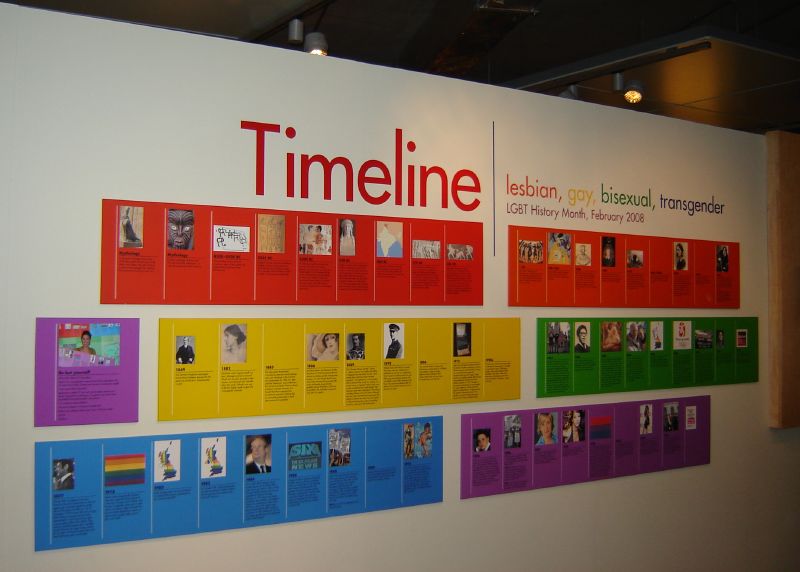As many of you will remember, last year the RHS ran their LGBT+ Histories and Historians survey. Professor Frances Andrews provides an update on the working group’s progress.
Between July and September 2019, the Royal Historical Society’s LGBT+ survey attracted over 850 responses. Since then, the working group has been reading the results of the survey and doing the additional research needed to support and give context to our analysis. Our work on LGBT+ inclusion is being undertaken alongside, and in dialogue with, the RHS’ ongoing work on race and ethnicity and gender equality; while many similar themes are apparent, there are also distinct differences.
Numerous respondents to the survey showed substantial and generous intellectual engagement with the questions posed. This has given us a great deal of insight into the numerous controversial issues raised and the different cohorts of historians affected, from students to professors, and from those working within Higher Education to those taking History far beyond. The sheer amount of commentary in addition to the statistics revealed by the question answers themselves has made working through it all a slow process but a productive one.
As we reach the end of this LGBT+ History Month, it seems appropriate to focus on how our respondents commented on this annual event. Our survey showed that historians mark LGBT+ History Month with a range of imaginative events and actions, which all help to mainstream diverse histories.
One History department was postered with ‘famous queer people from the past’; in another, the ‘Equality, Diversity and Inclusivity committee produced a series of posters discussing historical cases of ambiguous / diverse / LGBT+ identities’, accompanied by blog posts and social media. One group asked staff to produce ‘information sheets with an LGBT+ historical figure of their choice displayed on the outside of their office doors’. Others have made sure to invite speakers whose work encompasses LGBT+ Histories, established a programme of events including workshops and public lectures, or made videos, with contributions from LGBTQ+ students and staff members.

Quite a few departments run events organised by, or co-organised with, students. Historians have also involved University libraries, arranging displays of books on LGBT+ Histories or collaboratively producing bibliographies of essential readings, to encourage engagement and, where funds allow, more active library acquisitions. Some groups have worked intersectionally, making links to activities undertaken for Black History or Women’s History months.
A museum curator described creating a display about LGBT+ objects in the collection, alongside a postcard with a request for visitors to make further donations (of items to include!) In other departments, students and staff wear rainbow-coloured lanyards. At the lower end of cost and of effort (bearing in mind what is feasible with current workloads), respondents reported that lists of events held in other organisations are circulated, or the twitter profile sports the rainbow flag. No doubt, these examples reflect just a fraction of the kind of events that have been going on this month.

Nonetheless, as the responses to our survey make clear, it is not enough to simply focus on LGBT+ inclusion for a month or two each year; indeed, there were numerous examples of ongoing good practice in research and particularly in teaching. But as one respondent noted, ‘there are various events organised for LGBT+ History month and a rainbow flag is flown. Then it all goes quiet for the rest of the year’. Another respondent to the survey commented that LGBT+ history ‘appears to be a thing that publishers like to churn out during PRIDE month [held in June] then forget about for a year’.
Again and again, as we read the responses to our survey, a sense of fragility of LGBT+ inclusion, and a scepticism of the value of institutional policies and processes was clear. In many places it is the efforts of individuals that make the difference; if those people move on from positions of leadership, or because they are employed on precarious contracts, support and enthusiasm can quickly evaporate. As we have found in our previous surveys, many respondents were honest about a lack of confidence in approaching divisive topics, or of knowledge about (for instance) the provisions within the Equality Act 2010.
We do not want to pre-empt too much of our final analysis here. We will shortly be moving to the next phase, circulating our draft report to the generous volunteers who got in touch last year, offering to be critical readers. In the meantime, we welcome further comments and suggestions on this work.
Frances Andrews
RHS Vice President
